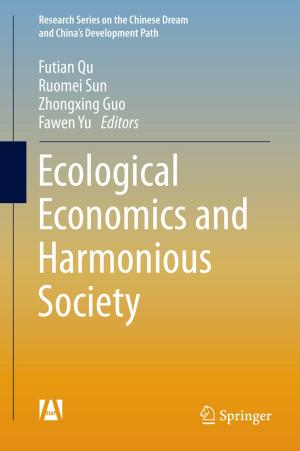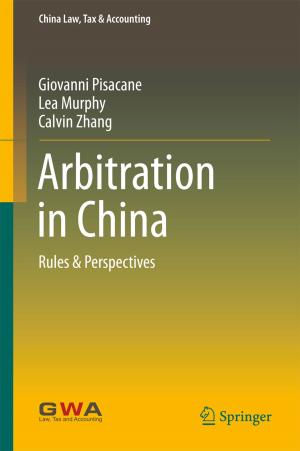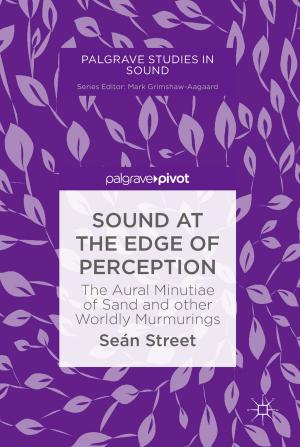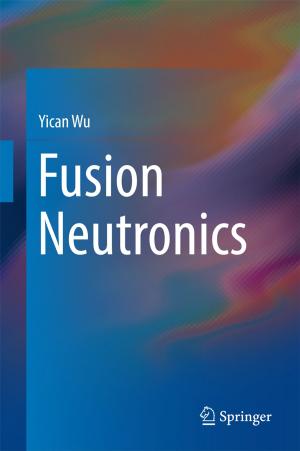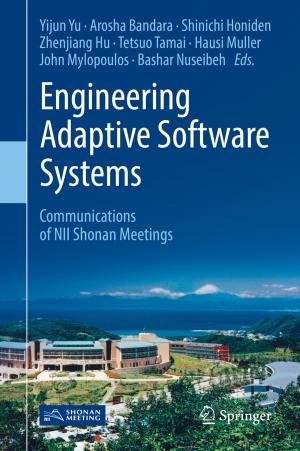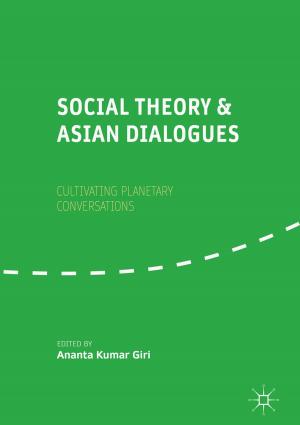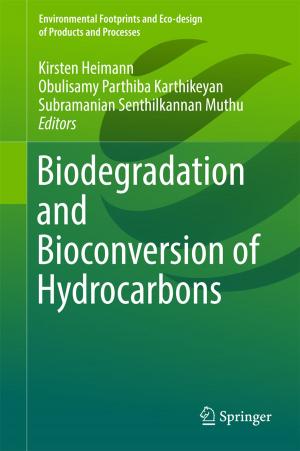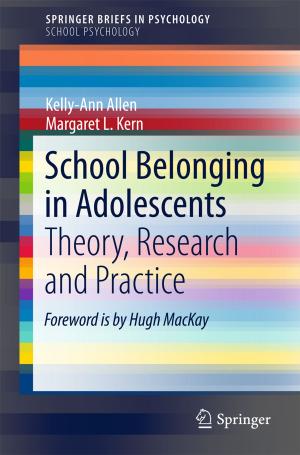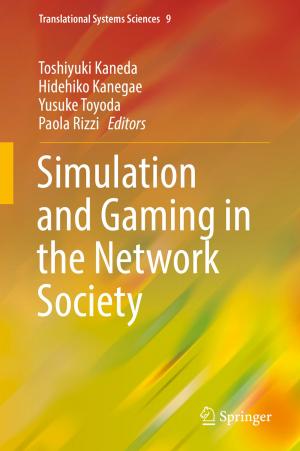Against Art and Culture
Nonfiction, Social & Cultural Studies, Social Science, Anthropology, Art & Architecture, General Art| Author: | Liam Dee | ISBN: | 9789811070921 |
| Publisher: | Springer Singapore | Publication: | December 12, 2017 |
| Imprint: | Palgrave Macmillan | Language: | English |
| Author: | Liam Dee |
| ISBN: | 9789811070921 |
| Publisher: | Springer Singapore |
| Publication: | December 12, 2017 |
| Imprint: | Palgrave Macmillan |
| Language: | English |
Offering a negative definition of art in relation to the concept of culture, this book establishes the concept of ‘art/culture’ to describe the unity of these two fields around named-labour, idealised creative subjectivity and surplus signification. Contending a conceptual and social reality of a combined ‘art/culture’ , this book demonstrates that the failure to appreciate the dynamic totality of art and culture by its purported negators is due to almost all existing critiques of art and culture being defences of a ‘true’ art or culture against ‘inauthentic’ manifestations, and art thus ultimately restricting creativity to the service of the bourgeois commodity regime. While the evidence that art/culture enables commodification has long been available, the deduction that art/culture itself is fundamentally of the world of commodification has failed to gain traction. By applying a nuanced analysis of both commodification and the larger systems of ideological power, the book considers how the ‘surplus’ of art/culture is used to legitimate the bourgeois status quo rather than unravel it. It also examines possibilities for a post-art/culture world based on both existing practices that challenge art/culture identity as well as speculations on the integration of play and aesthetics into general social life. An out-and-out negation of art and culture, this book offers a unique contribution to the cultural critique landscape.
Offering a negative definition of art in relation to the concept of culture, this book establishes the concept of ‘art/culture’ to describe the unity of these two fields around named-labour, idealised creative subjectivity and surplus signification. Contending a conceptual and social reality of a combined ‘art/culture’ , this book demonstrates that the failure to appreciate the dynamic totality of art and culture by its purported negators is due to almost all existing critiques of art and culture being defences of a ‘true’ art or culture against ‘inauthentic’ manifestations, and art thus ultimately restricting creativity to the service of the bourgeois commodity regime. While the evidence that art/culture enables commodification has long been available, the deduction that art/culture itself is fundamentally of the world of commodification has failed to gain traction. By applying a nuanced analysis of both commodification and the larger systems of ideological power, the book considers how the ‘surplus’ of art/culture is used to legitimate the bourgeois status quo rather than unravel it. It also examines possibilities for a post-art/culture world based on both existing practices that challenge art/culture identity as well as speculations on the integration of play and aesthetics into general social life. An out-and-out negation of art and culture, this book offers a unique contribution to the cultural critique landscape.


